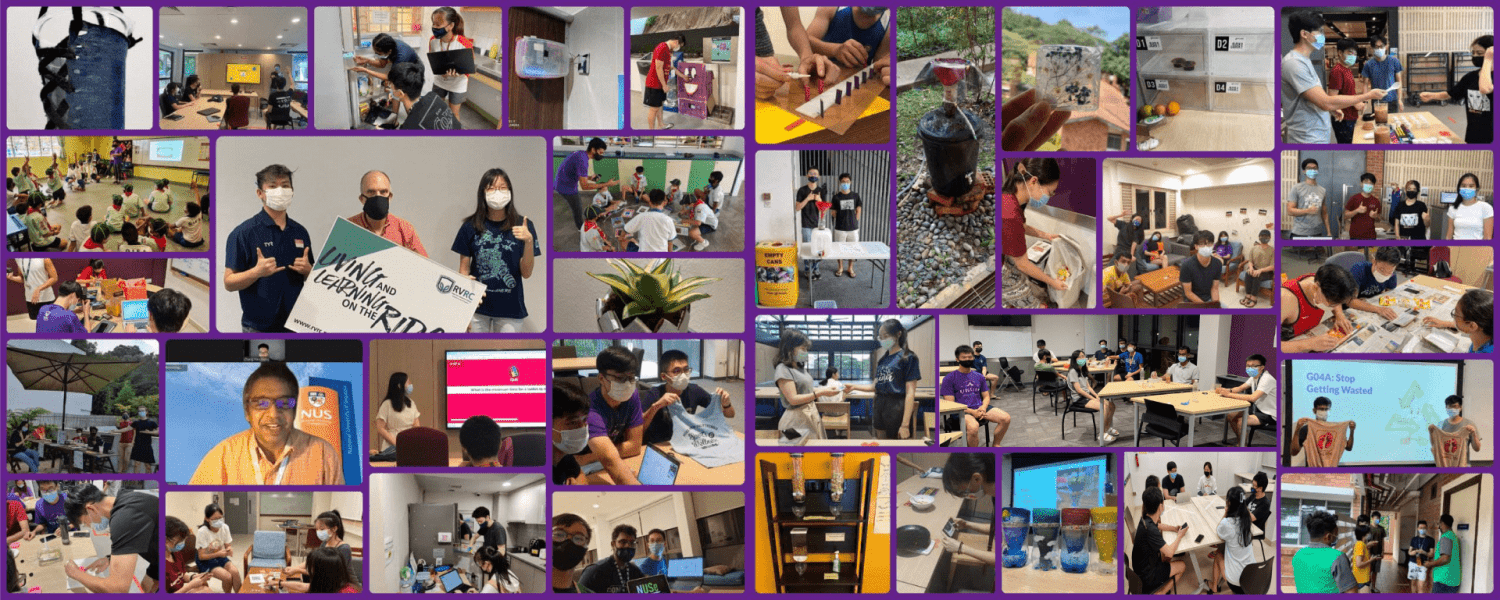Anthony Hans (FOS), Shen Zhuowen (FOS), Chew Tan Rouge (YLLSOM), Felicia Ong Sing Yi (FOS), Jake Khoo (FOS)
Academic Advisor: Dr. Chua Siew Chin
In Singapore, more than 50% of plastics cannot be recycled due to contamination.Our survey of 75 NUS students also found that most students did not rinse their plastic containers before recycling. Hence, we aim to decrease plastic contamination and raise awareness on the importance of rinsing plastics bottles/cups before recycling. To this end, rinsing devices were placed near recycling bins to increase the convenience of rinsing plastics. Posters were placed to educate users on the importance of rinsing plastics before recycling. A survey (n=77) and contamination counts were done throughout the implementation to quantify the completion of our objectives. Our survey reported that 70% of subjects are “likely” or “extremely likely” to rinse plastic bottles/cups with our device, and the contamination rate was reduced by 46%. Both are statistically significant (p<0.01). Therefore, we conclude that increasing convenience for rinsing plastics can effectively improve rinsing rates, thereby reducing plastic contamination.
